In Between Lies: Chess Lessons from the Latest Scandal
A recent chess cheating incident and four things we can learn from it
A toddler beating Usain Bolt in a race. A kindergartener writing Shakespeare. A chess streamer rated 600 playing a majestic series of precise moves. It’s so absurd, it’s funny. If everyone cheated like this it would be super easy to catch.
But that’s what happened in Pogchamps 6, a star studded online chess event won by English Premier League footballer Ebere Eze. Founded in 2020 in the thick of the chess boom, Pogchamps is a knockout tournament on chess dot com, featuring YouTubers, celebrities and a $100,000 prize pool. Paired with top coaches, the players often start as beginners but improve dramatically via the experience. In the first round of the competition, famous streamer DrLupo—well known for his charitable initiatives— defeated Wolfe Glick, a Pokemon YouTuber who goes by WolfeyVGC. DrLupo’s play was nearly flawless in these games, despite an online rating of just 600, compared to Wolfey’s 1300.
With 100K at stake, these were hardly insignificant games. The ugly truth was soon revealed, reinforced by a series of statements by DrLupo himself, as well as chess dot com.
In many cases, it’s hard to detect chess cheating. But this case was more blatant than usual. A serious player with a logical mind could eyeball the games and know something was fishy.
No one with a rating under 1000 (or even 2000 for that matter) would be able to consistently find so many top engine choices, which included unintuitive moves that even master players struggle with. Some of the moves were perfect but utterly unnecessary—the em dash of chess cheating.
Unlike most cheating sagas, this one resolved blissfully quickly, with DrLupo making a series of escalating apologies, ultimately explaining on X that “I lied to the internet, repeatedly. I think I did it for a false sense of self validation. To convince myself that I could win when clearly I shouldn't have. It was disrespectful to the entire online chess community.”
As for the chess itself, I hope you learn something—well actually four things— from this unfortunate episode1.
Fighting Like an Animal in a Lost Position/After Blundering
In a typical beginner mistake, DrLupo forgot his knight was pinned and lost his queen. After this blunder, things got weird, with White making every engine move match till the end of the game. Take this position:
Despite the queen loss, White’s position has a surprising amount of bite. White just sacked a pawn with 14. b4!, following it up with Rd3, lifting the rook into action. With two powerful bishops and harmonious pieces, the position demanded a high level of accuracy from Black.
Computers have no sense of regret, shame or momentum. They just keep searching for the best move. We humans are so fragile in comparison. We tilt, we fear judgment, we regret past mistakes. While all these emotions may be helpful in some contexts,2 they’re mostly harmful in-game. A resilient spirit can bring you a lot of points.
Backward Moves:
Backward moves are surprisingly difficult for human players to find. We start with our pieces in the back row, and we gradually develop and centralize them to target our opponent’s weaknesses. The instinct to charge forward must be overcome to find tricky backward moves, like the crushing 33.Bf3!
If 33…h5, stopping the checkmate, what should White do?
White’s best is 34.Be2!, another backwards stunner. The threat is Bxb5+ mating, forcing the passive …Rb8, after which Rc1! mates. Instead of …h5, Black played 33…Rf8, leading to our next point.
Locking in the King:
White to Move.
Quick. Do you play Bxf7+ or Rxf7? The stronger you are, the more likely you are to choose the latter. Checks let the king out of the bag. Rxf7! is mate in three, with only the “spite check” Rc1+ delaying the inevitable mate. White continued flawlessly with Rxf7 followed by 36. Rxh7 mate.
Intermezzos: Also known as in-between moves also known as Zwischenzugs, they interrupt the flow of the game. Difficult for new players to see, even master players often miss intermezzos. It’s so natural to tunnel on recaptures. Fabiano Caruana, on the C-Squared podcast flagged this as early as move 12, when DrLupo played 12. Bb5+! which allowed him to mount an attack and prove some compensation. Not only did White find an intermezzo, but he chose it over the simple recapture Rxd1.
The intermezzos kept coming. 29. Bd5! in the middle of the game. And then the weirdest ones of all—instead of taking a free queen on e5, White delayed it for two moves with the precise 30. Ne6+ and 31. Rxg7+, moves that computers assess as marginally stronger than the far move obvious Bxe5. This seems like a perfect moment for an em-dash—-if you know what I mean.
At first, the commentators wondered if White may have just missed Bxe5!, but he finally took the queen after Rxg7+ Ke8.
How can you train yourself to find intermezzos? Most tactics book have a chapter on them (including my own) , there’s a course on the theme, and a popular chess substack named after them.
Be aware of all the possibilities. Start with checks, captures and zaps (checkmate threats.) No matter how obvious a move seems, if there’s a check or zap available, look at it. Thinking Sideways: it’s the title of my next book, and a reminder to scan for intermezzos.
In analyzing the moves that computers see easily, but remain invisible to most of us, we can learn to find more intermezzo and backward moves. And most importantly, we learn to keep fighting. When we feel like momentum is going against us, it’s easy to give up. Don’t. Keep making things difficult for your opponent.
A Champ is Crowned
Chess cheating is a scourge. It’s sad to see events like this dominated by cheating stories. This article attempts to gleam some positive lessons from the incident, but the positivity goes beyond strategy lessons. Like the champ himself. Premier league footballer Ebere Eze learned the game just two years ago from a team-mate and he has been hooked ever since. According to the BBC, “He can do it all.”
As Eze told the Botez sisters in his post-victory interview: “Chess is a lot deeper than a game to me.”
More:
My earlier piece on Cheating and Chess:
Life Lessons from Chess Cheating Discourse
As I race to submit a draft of my next book, THINKING SIDEWAYS, I’ve been spending a lot of time contemplating the life lessons from a scourge in chess: cheating. My editor is very intent on me not just telling stories, but also embedding takeaways. Cheating is terrible, so it might not be the first thing we think of when considering all the lessons chess has to teach.
PSA: amateurs could find some of these moves, either by skill or chance. It’s the aggregate of all the moves, combined with the consistency that raises alarms.
In my recent interview for “Ten Minute Poker Tips”, I talk about the importance of “switching” from confidence in game to rigorous self-analysis afterwards.




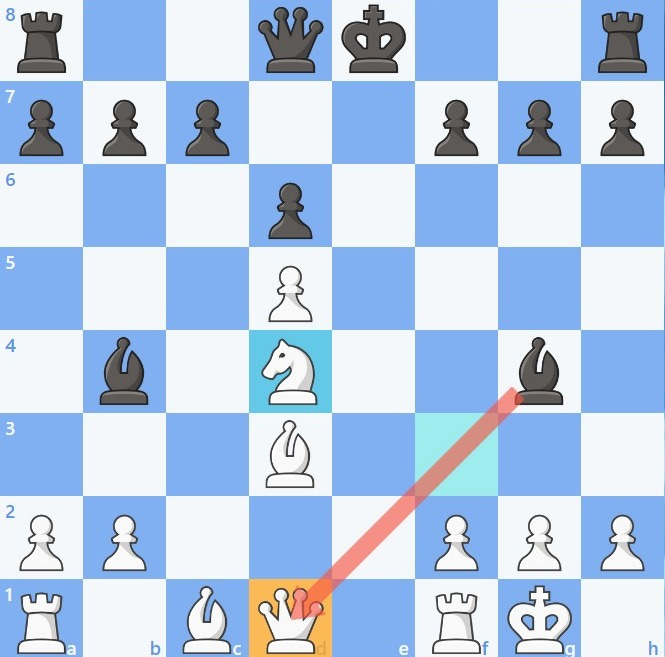
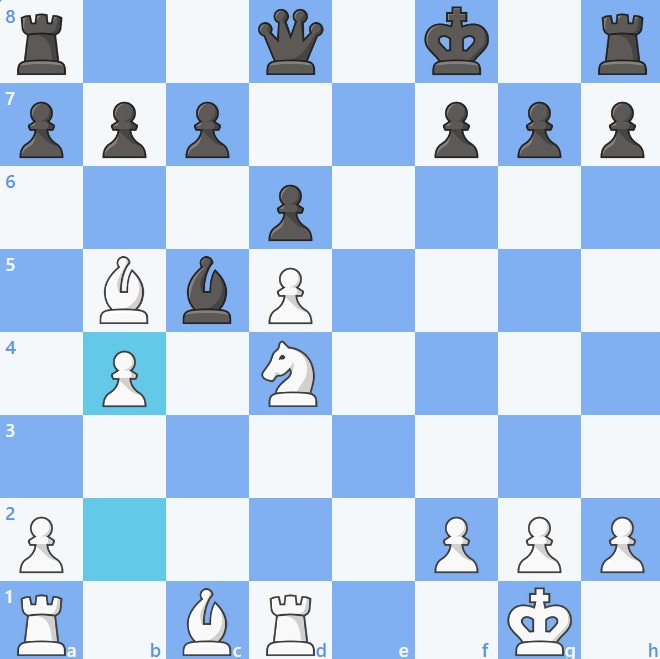

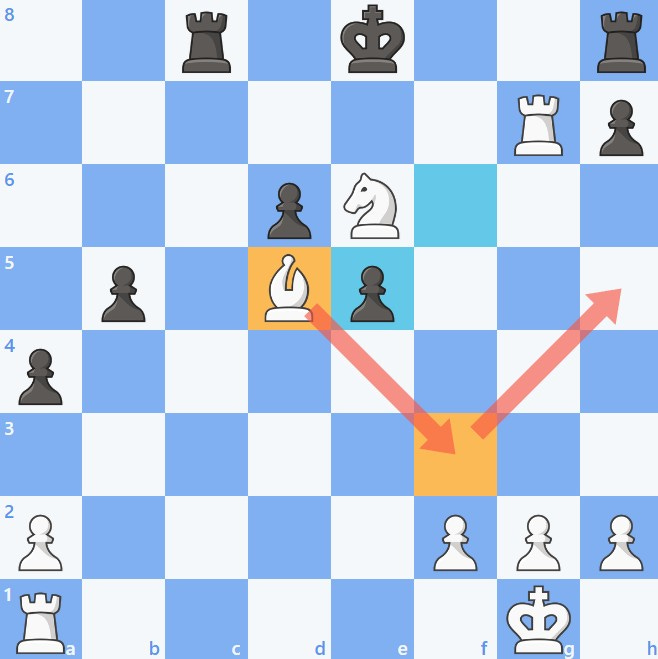
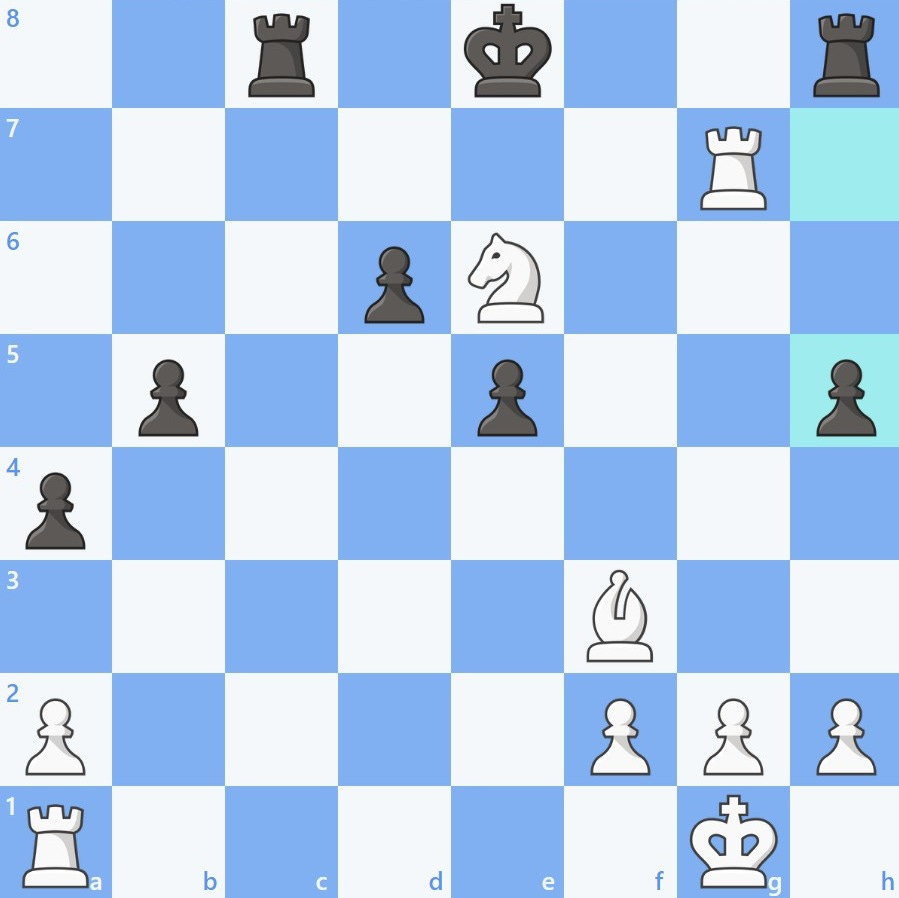
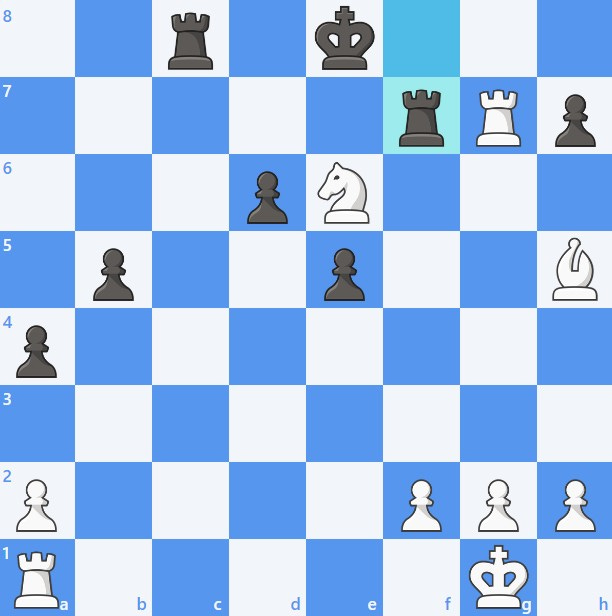
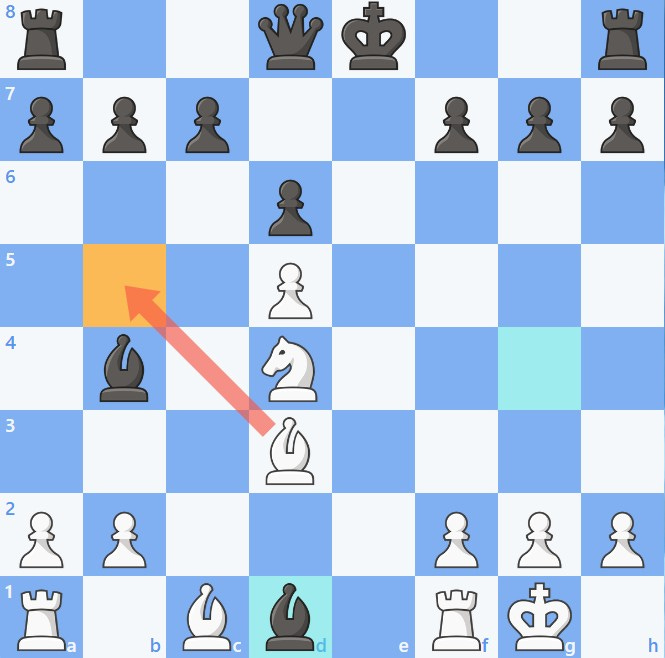
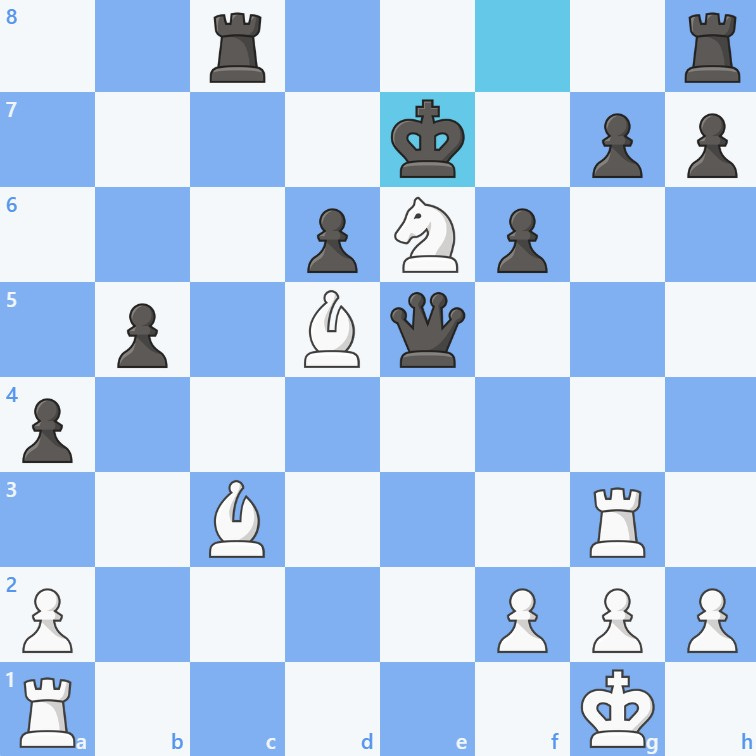


How do we rate the benefit of reading romance novel Intermezzo by Sally Rooney instead of any study or practice?
Really nice post, as always!
Eze is a legend of player (Palace fan bias) and a throughly decent human being, what can’t he do! Great read.